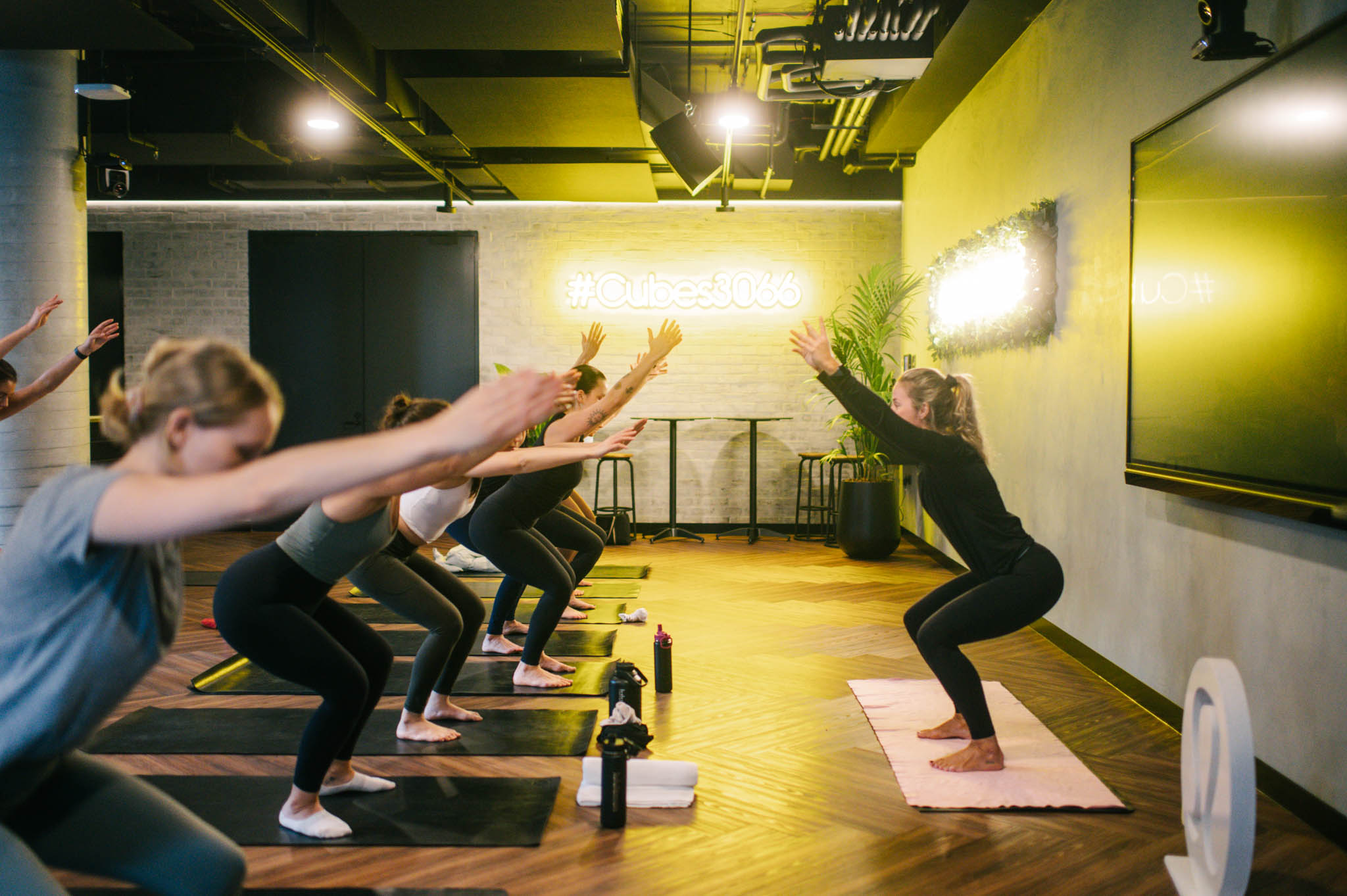The widespread adoption of remote work brought about by the pandemic has brought both advantages and disadvantages. While it offers flexibility and convenience, it is important to acknowledge the challenges that have arisen, including decreased productivity and increased feelings of depression among remote workers. My blog this week examines the negative aspects associated with remote work, particularly the impact on productivity and mental well-being, and explores potential ways to balance productivity to address these concerns.
I think it’s important for me to share while I write this blog today as the CEO of CreativeCubes.Co, not many know how I got here.
In simple the content I’m calling out below was once me. I moved from Australia to the USA in 2008 and out of need to compartmentalise work, play, living abroad all whilst growing and expanding my business (PetLoo) I found myself working from my spare bedroom in Venice Beach, California in total isolation and compounding implications based on working from home before making a conscious decision to move my “North American HQ” out of my spare bedroom and into a coworking space in Santa Monica.
Productivity Challenges
Working from home can present unique productivity challenges. The lack of physical separation between personal and professional spaces can blur boundaries, making it difficult to establish a dedicated workspace and maintain focus. Distractions from household chores, family members, or other responsibilities impede productivity. Additionally, the absence of in-person collaboration and social interactions hinder effective communication and collaboration.
Mental Health Implications
Whilst I personally don’t suffer from any mental health issues (other than being cursed with ambition) remote work can contribute to increased feelings of depression and isolation. The absence of face-to-face interactions and the social dynamics of an office environment can lead to feelings of loneliness and disconnection. I have incredible family and friends around me however the lack of a daily commute and the separation it provides between work and home life can blur the line, causing us to experience difficulty in switching off from work. The absence of physical cues, such as dress codes or office atmosphere, can also impact motivation and overall well-being. For me, I needed to “leave” the office and the physical act of closing the door and locking it at the end of the day enabled me to create the boundaries I needed in order to thrive in other areas of my life. It may sound weird to you – but this made a massive difference to me.
Establishing Routine and Boundaries:
Creating a structured routine that includes set work hours and breaks helps establish clear boundaries between work and personal life. Designating a specific workspace within the home can help create a physical separation conducive to productivity. For me, I don’t look at my phone for a minimum of an hour and a half after waking up. That time in my day is my time / personal care time / kids and wife asleep – I run, lift, stretch and shower all before looking at the hundreds of notifications that flow through my phone. When it’s time to lean in, I’m all in! #StraightHustle
Prioritising Self-care:
Encouraging remote workers to prioritise self-care activities, such as exercise, mindfulness, and maintaining a healthy work-life balance, can support mental well-being. Encouraging breaks, promoting social interactions through virtual team-building activities, and fostering a supportive work culture can combat feelings of isolation and depression. I use my calendar to effectively create space in my day so that I’m not rushing from one meeting to another without great time between reflecting and strategising. In fact as we’ve grown as an organisation I’ve really focused my time on critical action items vs a mass of work to get through. This has helped me a lot.
Providing Resources and Support:
Employers can play a crucial role in supporting remote workers by providing necessary resources, such as software tools, and access to all types of health support services. Offering training and guidance on remote work best practices can also empower employees to navigate the challenges more effectively. We’ve found that a lot of remote workers plugging into CreativeCubes.Co has been a real game changer for them. Being around upbeat professionals whilst working for a company that they’re really passionate about creates limitless potential and a win for all. At CreativeCubes.Co we have unique environments with a focus on outstanding community & customer experience, creating wow moments for our members and an uplifting culture that has been adopted by the companies that work from our spaces… including remote workers of all sized organisations. This flexibility means when times of isolation, depression and other feelings creep in, grab a day pass, come for a week or plug in for a few hours and meet your clients away from your screen or kitchen table if that’s what you need.
While remote work brings numerous benefits, it is essential to acknowledge the potential negative impact on productivity and overall well-being. By recognising the challenges and implementing strategies that promote productivity and support strong mental health, organisations and their people can create a more balanced and fulfilling remote work environment. Prioritising effective communication, establishing boundaries, fostering a sense of connection, and providing adequate resources and support are key to unlocking the full potential of remote work while safeguarding the well-being of employees.




